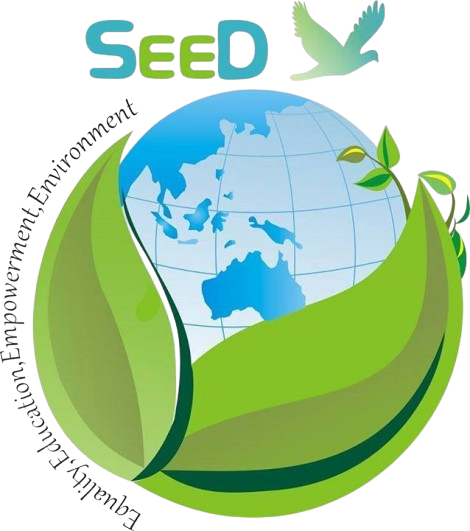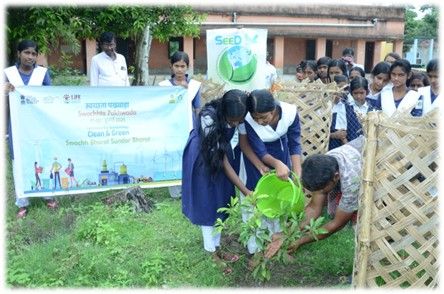






Objective:
To create comprehensive awareness about cleanliness, sanitation and environmental conservation among the climate-vulnerable coastal communities of Ghoramara Island in Sundarbans. The campaign seeks to address the unique challenges faced by these communities where rising sea levels, high tides and floods regularly contaminate freshwater sources and create health hazards due to poor sanitation practices.
Through systematic community engagement, the program focuses on building sustainable hygiene habits, promoting environmental stewardship and empowering local communities with practical knowledge about waste management, plantation and climate-resilient practices. The initiative also aims to create long-term behavioral change by educating children and women as change agents who can influence their families and communities to adopt cleaner, healthier lifestyles while contributing to ecosystem restoration through mangrove plantation and biodiversity conservation.
Overview:
SEED's Swachhta Pakhwada represents a flagship annual awareness campaign that has been transforming hygiene and environmental practices in one of India's most climate-vulnerable regions since 2018. Conducted in Ghoramara Island in the Sundarbans, the campaign addresses critical challenges where approximately 1,150 families face regular threats from sea-level rise, coastal erosion and saltwater intrusion that contaminates freshwater sources.
The 2024 and 2025 campaign reached 5,500 beneficiaries across six villages through a comprehensive 15-day program that combined awareness sessions, practical demonstrations, massive plantation drives, water body cleaning and hygiene kit distribution. The campaign strategically integrated multiple components including personal hygiene education for school children, menstrual health awareness for women, mangrove plantation for ecosystem restoration, and community-led cleaning drives that demonstrated the direct connection between individual actions and environmental protection.
Through partnerships with local panchayats, schools, health workers, and medical professionals, the program created a multiplier effect where trained community members continue advocacy throughout the year, making it a sustainable model for climate-resilient community development.
Key Components:
1. Community Awareness and Education Programs- SEED conducted 10 comprehensive awareness sessions across six villages of Ghoramara Island, engaging 2,448 participants in understanding the critical importance of cleanliness, sanitation and environmental conservation. These sessions were strategically designed to address the specific challenges faced by coastal communities, including saltwater contamination of drinking water, waste management in flood-prone areas and the role of personal hygiene in preventing waterborne diseases. The program included specialized sessions for different demographic groups, with school-based programs reaching 110 students at Raypara Nimno Buniyadi Vidyalaya and Bag Para Ahalya Free Primary School, where children learned about handwashing techniques, dental hygiene and environmental responsibility. Women-focused sessions addressed menstrual health and hygiene, conducted by local ASHA workers and ANM staff, while community-wide gatherings featured distinguished speakers including Dr. Amit Mukherjee and Dr. Ashok Syanal who provided medical insights on health benefits of cleanliness practices.
2. Massive Mangrove Plantation and Ecosystem Restoration- The campaign achieved remarkable success in environmental restoration by planting 10,000 mangrove and casuarina saplings along the River Ganga embankment and mud flat areas, creating a crucial bio-shield to protect the shrinking island from natural disasters. This massive plantation drive involved 1,200+ community members across multiple days, with participants taking specific roles in sapling transportation, trench preparation, planting, fencing and watering.
The plantation strategy focused on creating natural barriers against cyclones, storm surge and soil erosion, while the selected mangrove species contribute to carbon sequestration equivalent to 22.86 gigatonnes of CO2 globally. The community-led approach ensured local ownership of the plantation sites, with trained volunteers monitoring growth progress and providing ongoing care to ensure maximum survival rates of the planted saplings.
3. Comprehensive Waste Management and Water Body Cleaning- SEED organized systematic cleaning drives that removed accumulated waste from river embankments and cleaned two heavily polluted water bodies in Bag Para village, making them suitable for daily community use. The cleaning activities involved 116 coastal villagers who worked in coordinated groups to segregate biodegradable and plastic waste, with all plastic materials collected for transportation to nearby recycling facilities. The water body cleaning specifically targeted ponds choked with water weeds, using traditional methods with bamboo and nets to restore these vital freshwater sources for a community constantly battling saltwater intrusion. These activities demonstrated practical waste management techniques while creating visible improvements in community living conditions.
4. Health and Hygiene Kit Distribution- The campaign concluded with the distribution of 250 comprehensive hygiene kits containing soap, toothpaste, toothbrush, and sanitary pads, packaged in environmentally friendly cloth bags bearing messages like "Say No to Plastic" and "Use Cotton Bag & Save our Planet." This distribution reached 270 community members and was accompanied by educational sessions on proper usage of hygiene products and the importance of replacing single-use plastics with sustainable alternatives. The cloth bags served a dual purpose as reusable alternatives to plastic bags while promoting the BPCL CSR initiative's environmental messaging throughout the community.
5. Community Rallies and Advocacy Campaigns- SEED organized two major community rallies that brought together participants carrying placards with cleanliness and environmental messages, creating visible demonstrations of community commitment to hygiene and environmental protection. These rallies served as powerful advocacy tools that spread awareness beyond direct participants, reaching families and neighbors who witnessed the community mobilization for cleanliness causes. The rallies also provided platforms for community leaders and panchayat representatives to reinforce the importance of sustained behavioral change and environmental stewardship.
Impact:
Successfully mobilized 5,500 beneficiaries across 6 villages, creating unprecedented awareness about hygiene and environmental conservation in climate-vulnerable coastal communities
Reached 2,448 direct participants through 10 awareness programs, significantly improving knowledge about personal hygiene, sanitation practices, and disease prevention.
Planted 10,000 mangrove and casuarina saplings creating bio-shields against climate disasters while contributing to carbon sequestration and biodiversity conservation.
Educated 155+ school children as environmental ambassadors who carry cleanliness messages to their families and peer groups, ensuring long-term sustainability of behavioral change.
Conducted specialized menstrual health sessions reaching 650+ coastal women, addressing taboos and promoting healthy practices among vulnerable populations.
Cleaned 10 heavily polluted water bodies, restoring vital freshwater resources for communities facing constant saltwater intrusion challenges.
Established community-led waste segregation and recycling practices, significantly reducing plastic pollution in coastal environments.
Installed community dustbins and waste collection points, creating systematic waste management infrastructure in previously underserved areas.
Generated measurable changes in hygiene practices, environmental consciousness and community participation in cleanliness initiatives across participating 6 villages.
Developed scalable methodology for coastal cleanliness campaigns that can be adapted for other climate-vulnerable communities across India's vast coastline.



Subscribe to the SEED Newsletter — and be part of the change!